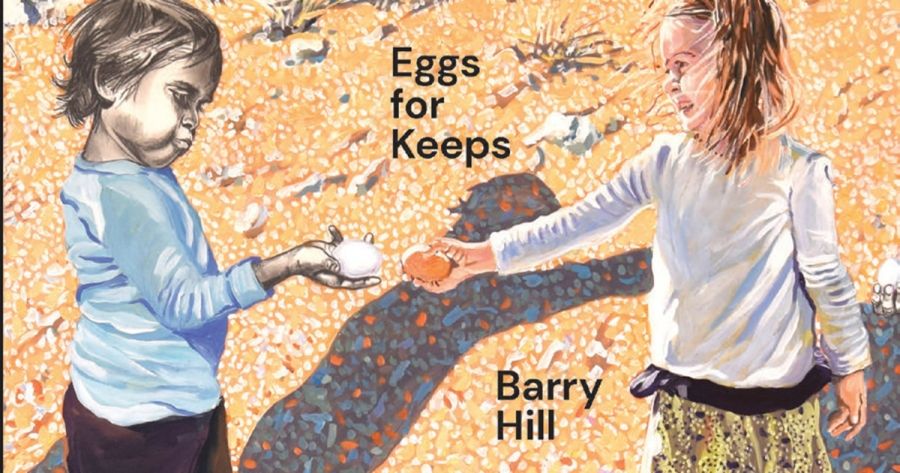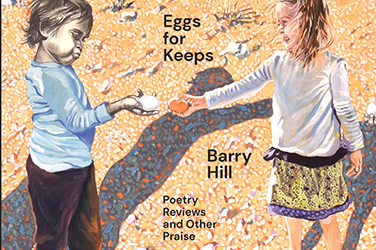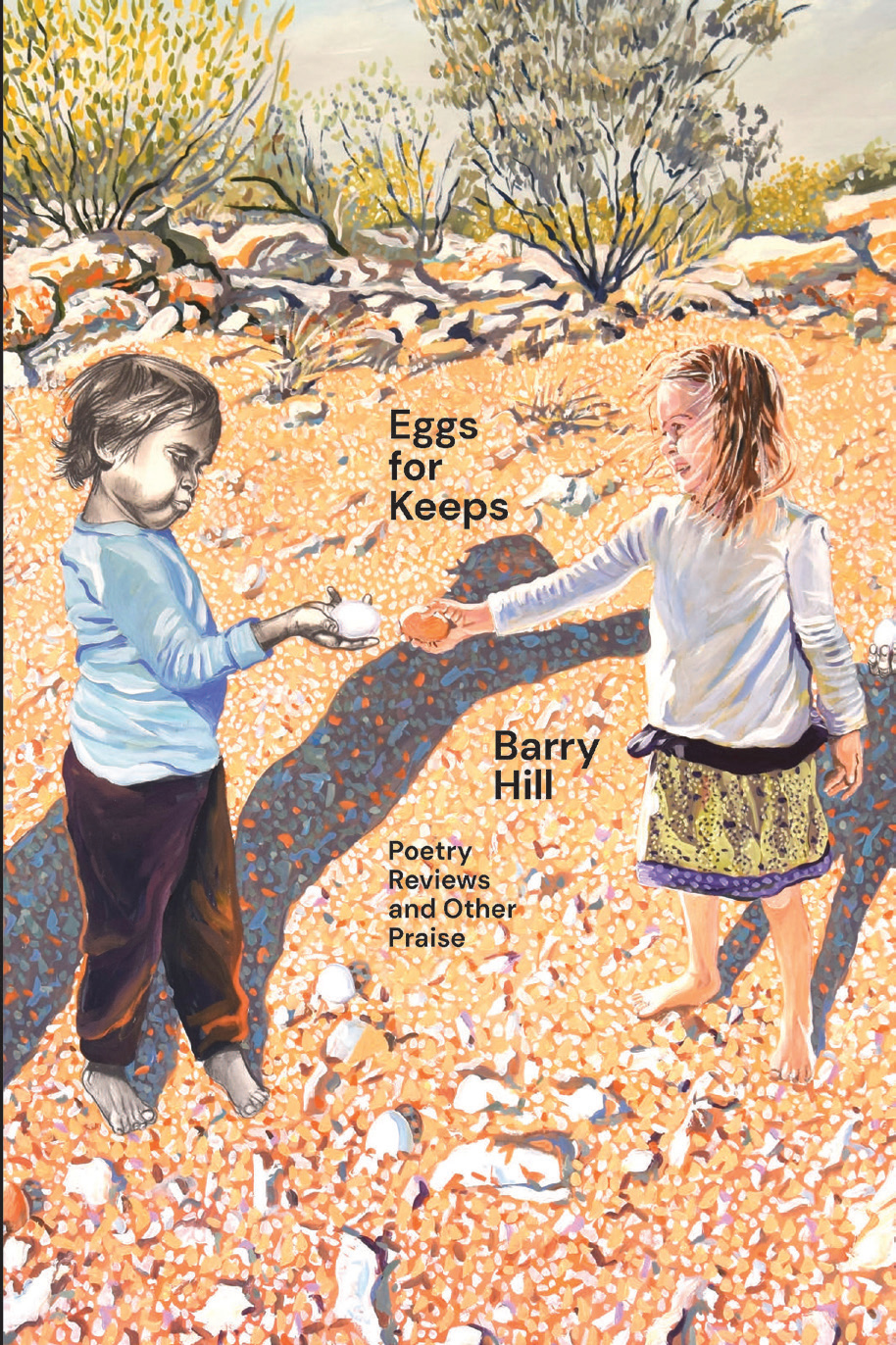
- Free Article: No
- Contents Category: Literary Studies
- Review Article: Yes
- Article Title: The key of admiration
- Article Subtitle: A critic views poems as gifts
- Online Only: No
- Custom Highlight Text:
'The point is to deal with the stuff itself,’ wrote John Berryman. He was referring to Randall Jarrell, paragon of mid-century poet-critics – one who did, indeed, deal with the stuff itself, writing of poetry with the practical competence of a mechanic who knew his way around an engine, having built a few himself – but he could just as easily be speaking of Barry Hill.
- Featured Image (400px * 250px):

- Alt Tag (Featured Image): Geordie Williamson reviews 'Eggs for Keeps: Poetry reviews and other praise' by Barry Hill
- Book 1 Title: Eggs for Keeps
- Book 1 Subtitle: Poetry reviews and other praise
- Book 1 Biblio: Arcadia, $34.95 pb, 257 pp
- Book 1 Cover Small (400 x 600):

Brecht sang in a high commanding voice. Men as well as women found him irresistible, this skinny, intense man who had his jackets made to give him a down-at-heel appearance, and who always had something on the go … He wanted an art that was not ‘literature’, even as his plain style was more sophisticated than it looked. His irony turned things back to front and upside down; his bile turned them inside out.
Hill’s ambivalence is registered, but kindly, especially with intimates. Of a poem from the collection Wild Bees by Martin Harrison, in which the critic refers to his much-missed friend’s ‘highly furnished mind’, whose philosophical sophistication governs ‘the poem in tandem with his delight in what we received of the world in all its “tragedy and loveliness’’’, Hill continues: ‘And that is why his poems go on so insistently, too much so, it could be argued, as if the poem was an essay, which it was, in its own way. He excelled in the long line poem that opened like a floodplain.’
There are also pieces here in which critique is closer to informed genuflection. Those are the reviews and essays, including some of the best in the collection, in which Hill writes of contemporary translations of Classical Chinese poets or Japanese travel writers: Buddhists, Confucians, and scholars; poets of nature, drunkenness, love and loss, whose aesthetic approaches and spiritual exercises Hill nakedly and unrepentantly adores.
Take the work of translator David Hinton, a man whose revisioning of the I Ching Hill describes as a work that exudes ‘the dragon breath of the ur-text’. Or Ian Johnston, a distinguished retired neurosurgeon based on Tasmania’s Bruny Island, of whose Waiting for the Owl: Poems and songs of Ancient China Hill simply says, ‘[a]mong us we have a translator or world significance …’ Or Meredith McKinney, ‘our pre-eminent translator of Japanese classics’, whose ‘Englishing’ of writers from Manyōshū to Bashō gives accounts of travel across Japan that accord places – known as utamakura – the kind of poetical, sacral status that, Hill suggests, can only be compared to the songlines of Indigenous Australia.
But the true summit of Eggs for Keeps is not the reviews, acute and approving as they are, but the extracts from a diary Hill kept when he visited Chamonix and Mont Blanc, which conclude the volume. The mountain (or ‘Mountain’, as Percy Shelley had it) is, for Hill – as it was for the great Romantic poet – an instance of the sublime which, in its scale and beauty, demanded of its witnesses a re-evaluation of values. How to top this, asked Shelley of Mont Blanc, a massif he never climbed but whose imagination ‘wintered’ on its peak. Shelley’s poem ‘Mont Blanc’ was an attempt to ‘create a total picture of the Mountain in all its significance’. Hill’s Chamonix diary is a working exercise – a series of sketches in poetry and prose – that venture not only to rework the Shelleyan sublime, but also to incorporate ideas from across the spectrum of those poets of nature and place that Hill has spent the volume celebrating. It is the point where the critic returns from his passive approval to try and enact the lessons he has learned. A decent, questing gesture, this: an authentication, by action, of the value of a form he has lavished such words of affection upon.


Comments powered by CComment